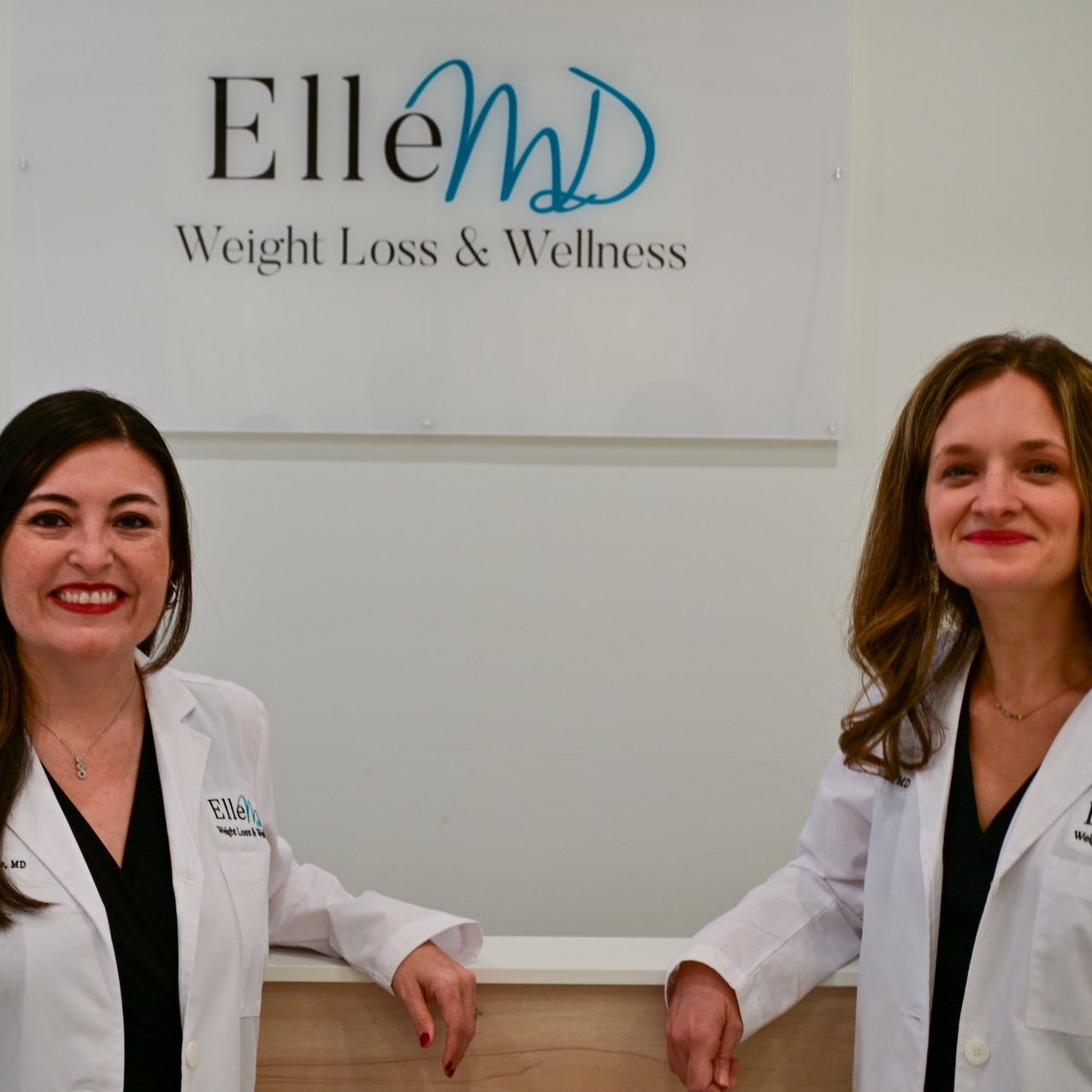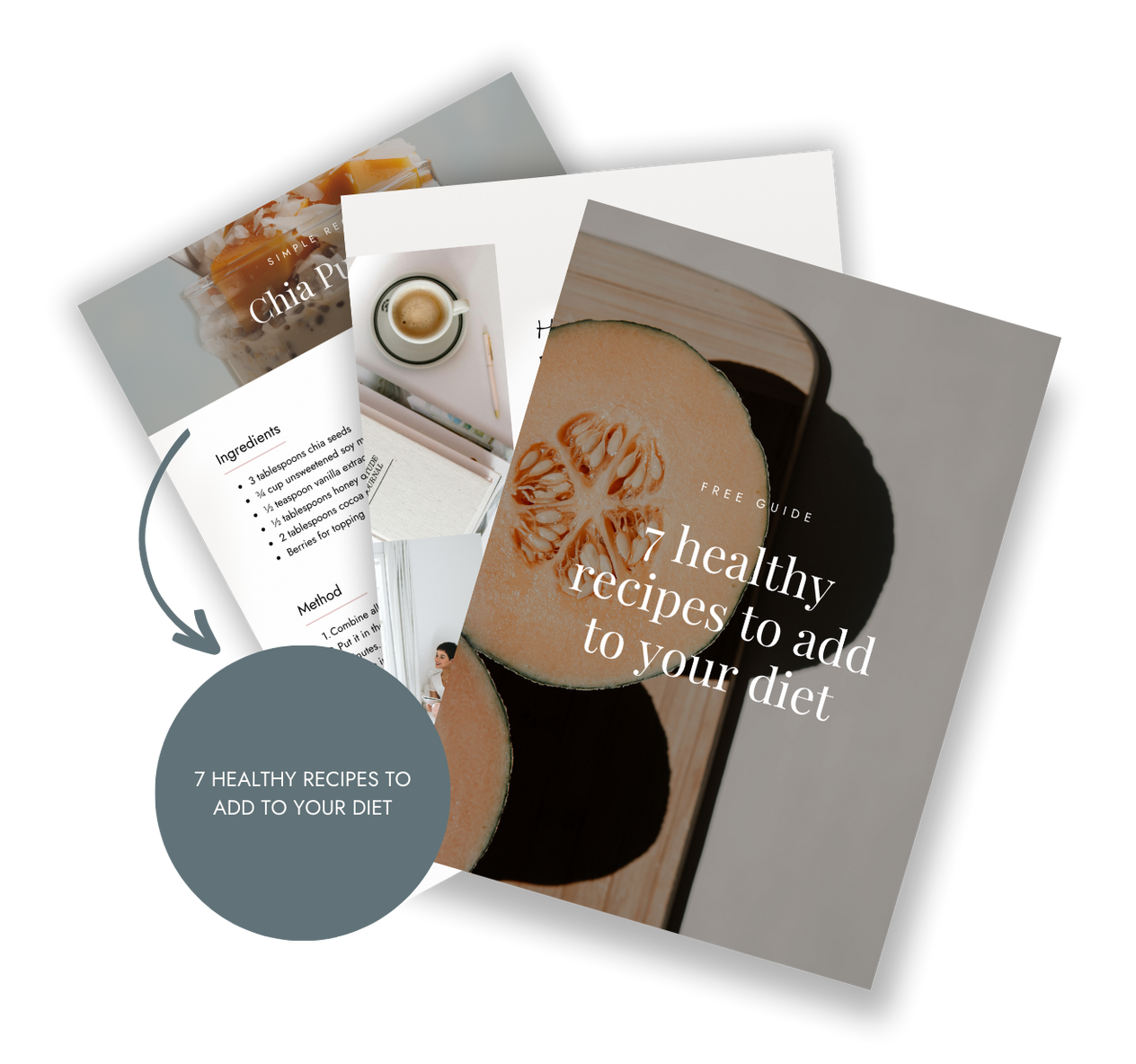Unlocking the Power of Antioxidants
Antioxidants are essential for good health. Find out more about these powerful molecules and how they can improve your wellbeing.
Antioxidants are a key component of functional medicine, as their effectiveness in neutralizing free radicals is integral to reducing oxidative stress. Free radicals are highly reactive molecules created when the body breaks down food, as well as due to environmental factors such as pollution. They can cause damage to cell structures and DNA, leading to diseases such as diabetes, cancer, atherosclerosis, and more.
Let's take a look at some of the most essential antioxidants that functional medicine practitioners recommend for optimal health. These powerful molecules protect our cells from free radical damage and reduce oxidative stress, leading to improved overall wellbeing and vitality. By including these antioxidants in your diet, you can ensure that your body is getting the most complete benefits.
1. Vitamin C
Vitamin C is a water-soluble vitamin which has been used as a powerful defense against oxidative stress for centuries. Vitamin C helps to neutralize free radicals by donating electrons and helps form a protective barrier around our cells. It also boosts immunity and increases collagen production, making it an essential component of functional medicine. Vitamin C can be found in fruits and vegetables such as oranges, tomatoes, and bell peppers.
2. Vitamin E
Vitamin E is a fat-soluble vitamin that is found in a variety of foods, including vegetable oils, nuts, and leafy green vegetables. Not only can Vitamin E help to protect cells from damage caused by free radicals, but vitamin E is also essential for the development and maintenance of muscle tissue and red blood cells.
3. Beta-carotene
Beta-carotene is a powerful carotenoid found in many dark green and yellow fruits and vegetables. This antioxidant has been scientifically proven to reduce inflammation, protect against UV damage, and prevent certain types of cancer. It can be converted into vitamin A in the body, which is essential for healthy vision and skin.
4. Lycopene
Lycopene is a powerful antioxidant found in tomatoes and other red fruits and vegetables, including watermelon, grapefruit, and papaya. In addition to protecting against oxidative stress, lycopene has also been linked to a reduced risk of several types of cancer, including prostate cancer and breast cancer.
5. Selenium
Selenium is a trace element that is found in a variety of foods, including Brazil nuts, tuna, and whole wheat bread. It is an antioxidant, reduces inflammation, and boosts immunity. Selenium is also an essential mineral for proper thyroid health, as it is required for the production of certain hormones.
Eating a balanced diet rich in antioxidants and other essential vitamins and minerals can help maintain the body's natural defense system against free radicals, reducing oxidative stress and protecting cells from damage. Taking proactive steps to ensure adequate levels of antioxidants can help reduce inflammation, protect cells from damage and maintain optimum health. If you are concerned about free radical damage and oxidative stress, speaking to a functional medicine doctor can help you to better understand your body and how to protect it.
*AI Disclosure:
This content may contain sections generated with AI with the purpose of providing you with condensed helpful and relevant content, however all personal opinions are 100% human made as well as the blog post structure, outline and key takeaways.
* Affiliate Disclosure: Some of the links on www.elle-md.com may contain affiliate links meaning that we will get a commission for recommending products at no extra cost to you.
*Blog Disclaimer: Please note that reading our blog does not replace any health or medical advice consultation. Read our blog disclaimer here.

Meet the Drs.
Dr. Hendriks and Dr. Castillo MacKenzie are board-certified physicians, female, specialized, with over 10 years of experience.
Elle MD started after practicing in a traditional primary care setting together for over a decade. We grew frustrated with the current healthcare model, which places no emphasis on addressing the root cause of chronic disease. A lot of times, conventional care doesn’t even promote overall wellness!
We founded Elle MD in Royal Oak, MI, with a vision of providing this care in a compassionate and personalized way.
Download your free guide













